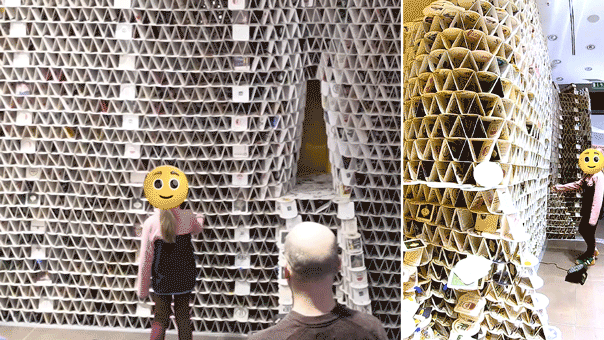Fox News Flash top headlines for August 5
Fox News Flash top headlines are here. Check out what's clicking on Foxnews.com.
Physically taxing jobs can hinder one's cognitive health, potentially causing a person's brain to age faster and leave them with a poorer memory as they grow older, a new study suggests.
In a study published in the Frontiers in Human Neuroscience in July, researchers surveyed nearly 100 cognitively healthy older adults between ages 60 and 80 years old in order to better understand how stress plays a role in how the human brain ages.
LOOKING FOR WAYS TO DEAL WITH STRESS? TRY LIST-MAKING
Their analysis indicated that adults who reported having higher levels of physical stress in their most recent job were also people who had a smaller hippocampal volume and poorer memory performance. The hippocampus is commonly associated with memory.
To better understand cognitive and brain aging, the study pointed out that an average full-time worker spends more than eight hours at work every day and remains in the workforce for roughly 40 years.

(iStock)
At the same time, people who spent more time participating in regular physical activity activities, like walking outside and muscle strength/endurance exercises, were associated with greater hippocampal volume.
WORKING FROM HOME DURING CORONAVIRUS: HOW TO AVOID BURNOUT
"This suggests that physical demands at work and leisure physical activity may have largely independent and opposite effects on brain and cognitive health," the study reads. "Our findings highlight the importance of considering midlife occupational experiences, such as work physical stress, in understanding individual trajectories of cognitive and brain aging."
According to the American Psychological Association, work remains one of the biggest causes of stress among employees.
What's more, psychological and physical stress, such as physical hazards, at work has been linked with poorer cognitive skills both before and after retirement, the study noted.









































